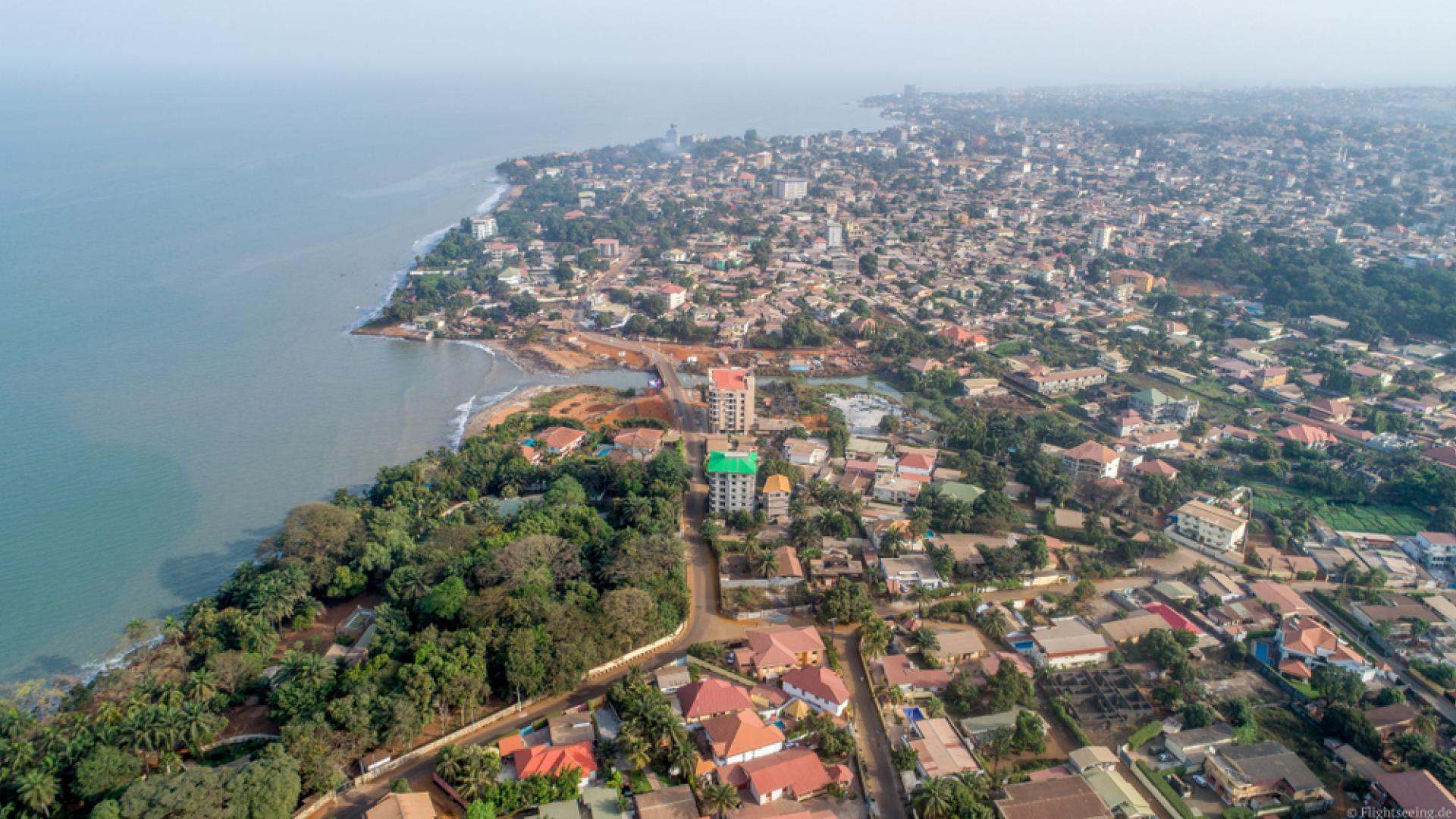
Guinea, located in West Africa, is a nation rich in natural resources and cultural heritage. The country boasts stunning mountainous landscapes in the Fouta Djallon highlands, vast savannas, and a coastline bordering the Atlantic Ocean. Guinea is known for being a major producer of bauxite, a key component in aluminum, and other minerals.
The country’s population is comprised of numerous ethnic groups, with Islam being the dominant religion. Music and storytelling are integral parts of Guinean culture, with the intricate rhythms of the djembe drum a recognizable feature. The economy relates to mining exports and agriculture, particularly rice production. Guinea faces challenges of poverty, political instability, and infrastructure development. However, the country is committed to economic diversification and improving social welfare.








